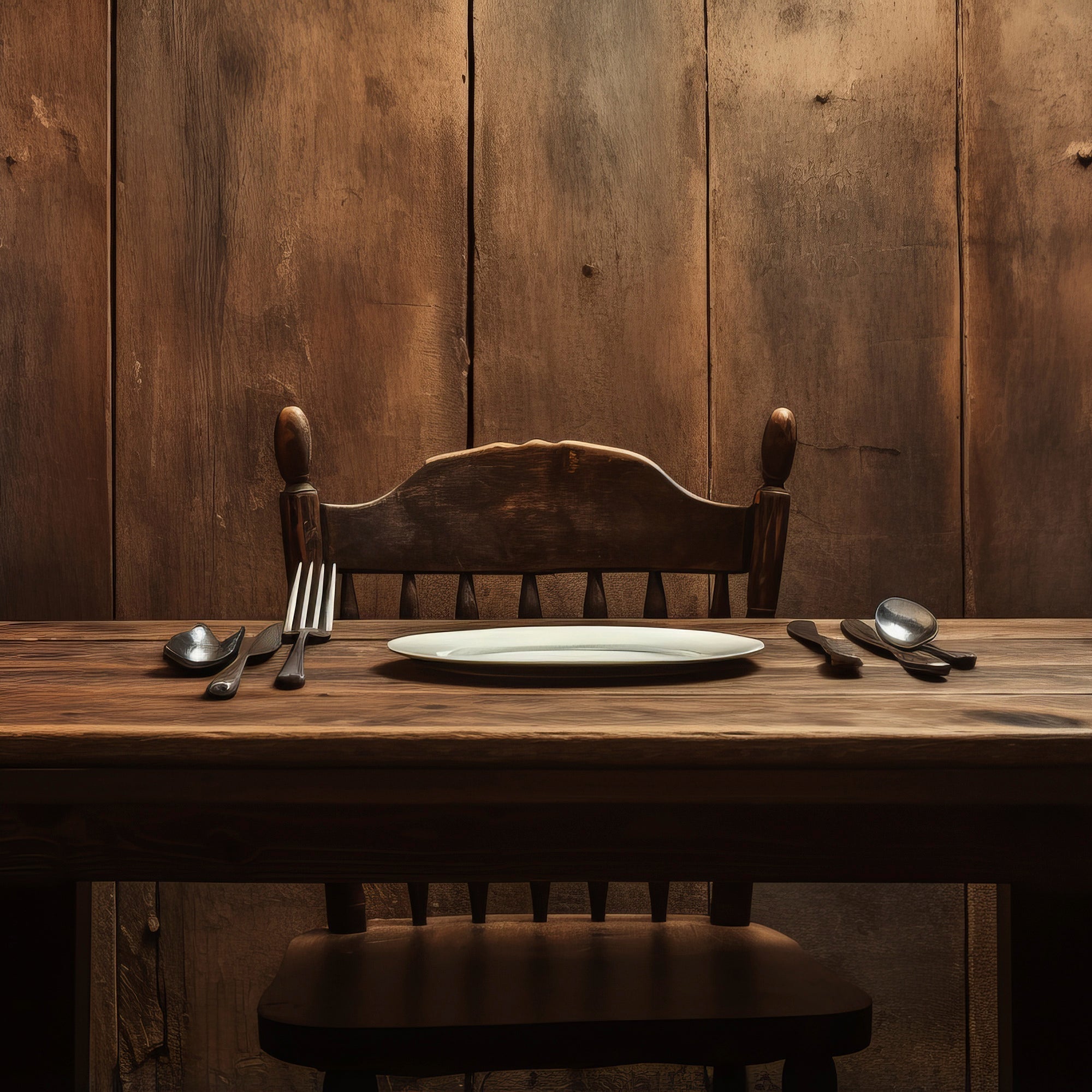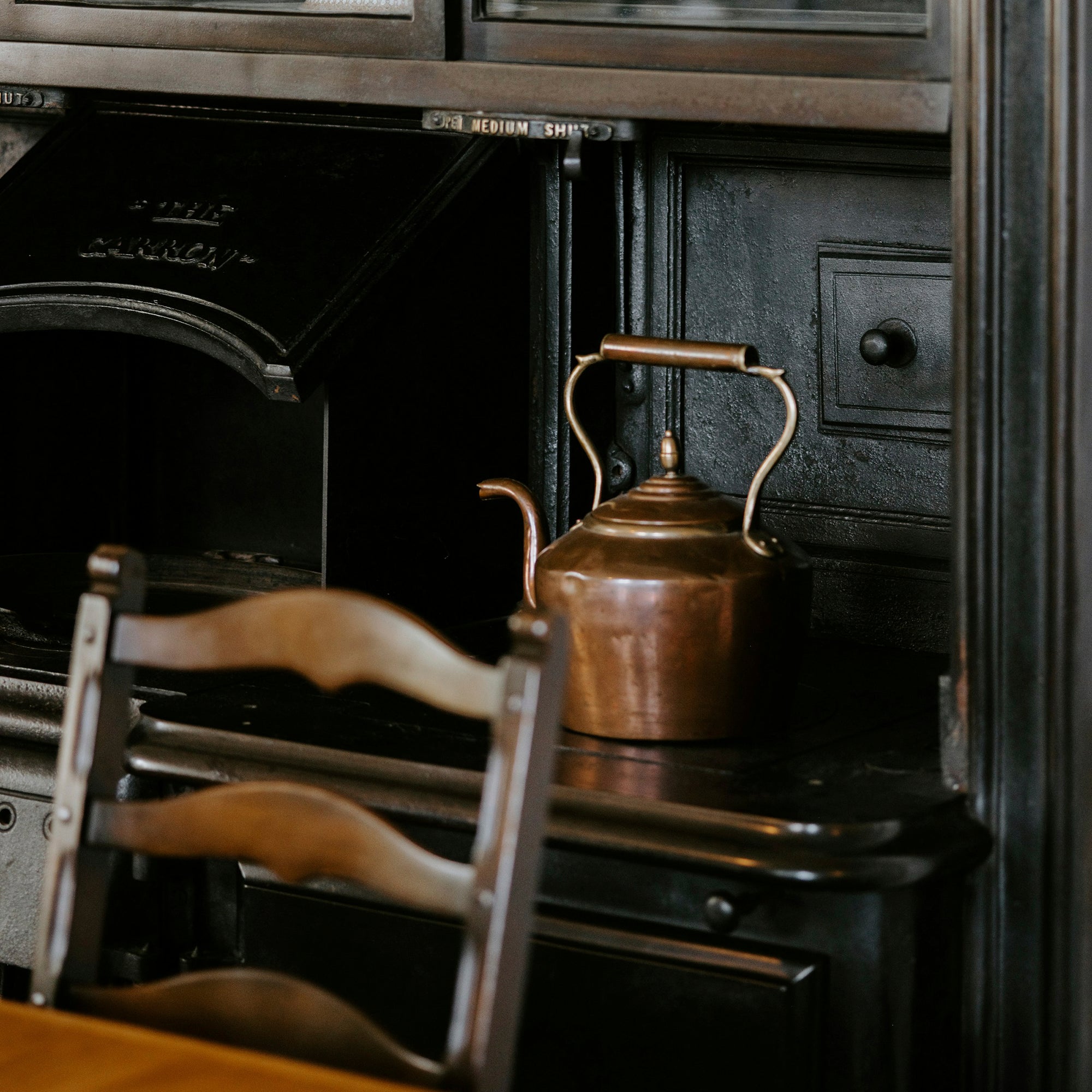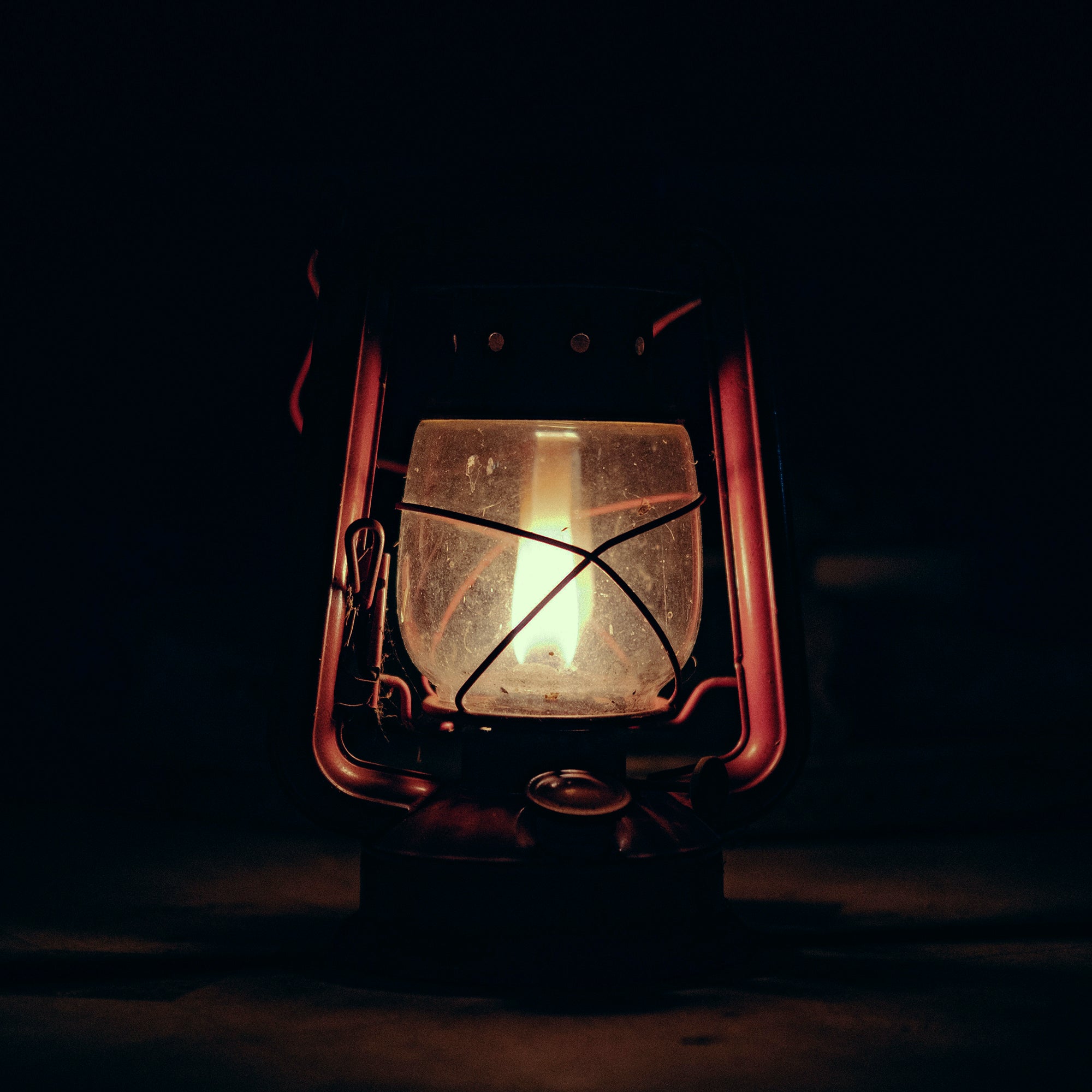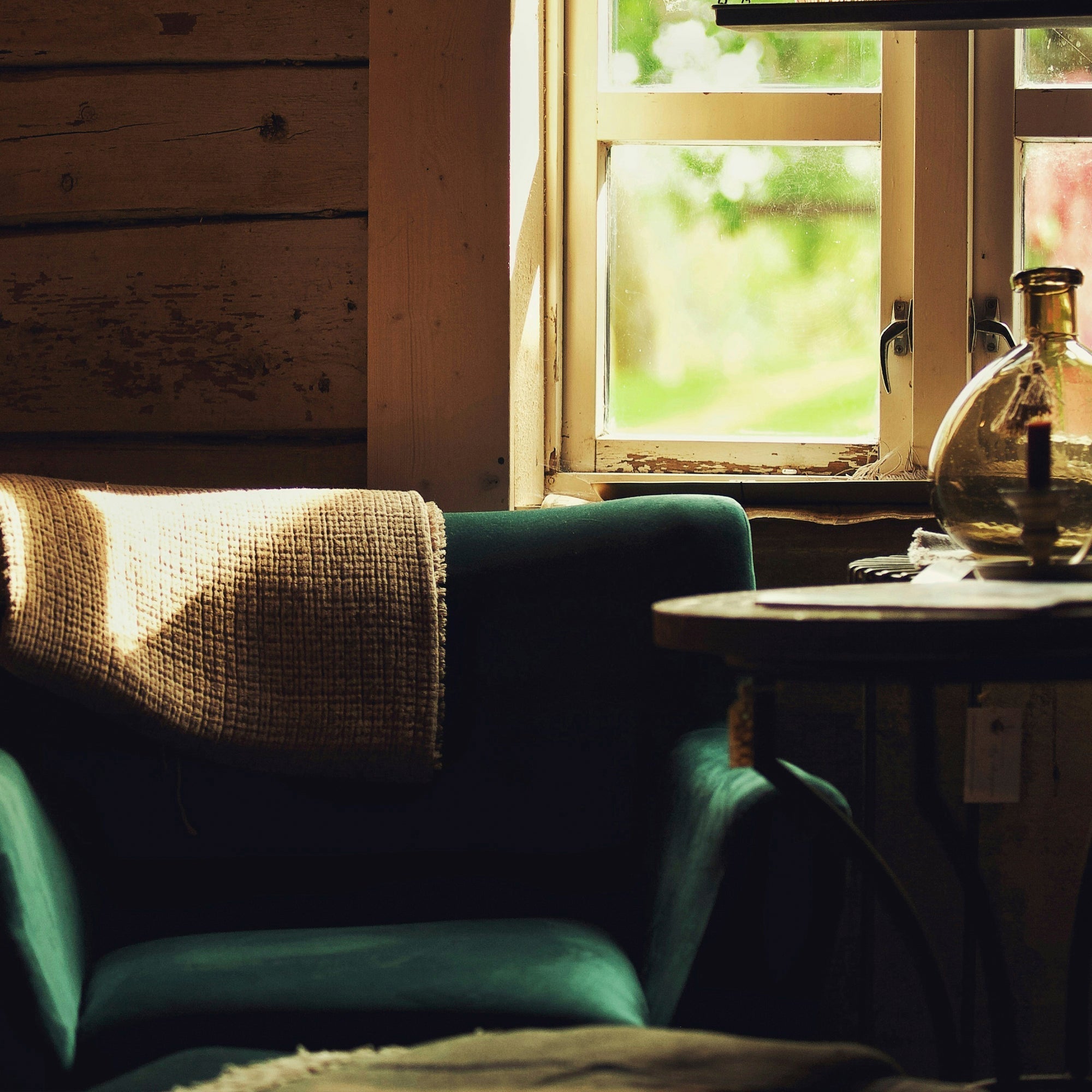Where Every Story Begins
Before a single word is spoken, your home has already made its introduction. The creak of the front door, the scent of leather and pine, the warm light spilling over carved wood — these are the details that tell guests who you are.
In Western design, the entryway isn’t just a threshold; it’s a moment of welcome. It sets the tone for everything beyond — a handshake, a first impression, a quiet declaration that this is a home built with heart, history, and hospitality.
Why the Entryway Matters
The entryway is often the most overlooked space in a home. Yet it’s the one every guest encounters first, and the one you cross most often yourself. When it’s thoughtfully designed, it:
• Creates a sense of arrival.
• Provides function (for coats, bags, and boots).
• Sets visual and emotional tone for the rooms beyond.
• Tells the story of your home’s style and personality.
For Western homes — where craftsmanship, warmth, and authenticity reign — the entryway becomes a microcosm of the entire design philosophy: welcoming, storied, and unmistakably Western.
Step One: Start with the Foundation — The Console or Entry Table
The console table is the anchor of the Western entryway. It balances beauty and practicality, providing a surface to display art, lighting, or daily essentials.
• Material Matters – Reclaimed wood, carved mesquite, and wrought iron legs add rugged authenticity.
• Proportion – Choose a table that complements your wall size and ceiling height. Too small, and it gets lost; too large, and it overwhelms.
• Purpose – Think of it as a welcome station: a place for keys, mail, and an accent lamp.
A well-chosen console instantly conveys craftsmanship — and grounds the space with purpose.
Step Two: Add a Mirror or Statement Artwork
Above the console belongs a focal piece that captures attention the moment someone enters.
• Mirrors – Handcrafted or iron-framed mirrors reflect light and expand space. They’re practical too — guests can check hats, hair, or smiles before stepping inside.
• Art – A bronze buffalo sculpture, Western landscape, or vintage photograph introduces personality.
• Balance – Keep visual weight centered above the console, with space around the piece for air and symmetry.
This focal point becomes the “face” of your home’s story — elegant, grounded, and reflective of your Western identity.
Step Three: Light the Welcome
Lighting transforms the entryway from passage to presence.
• Overhead Fixtures – Antler chandeliers, lanterns, or forged iron pendants create dramatic entrances.
• Table Lamps – A lamp atop the console brings intimacy and warmth.
• Wall Sconcess – Flank the entryway with soft light; choose designs in copper or patinaed metal for authenticity.
Pro tip: Aim for lighting that’s soft and golden — never harsh white. It should feel like a sunset, not a spotlight.
Step Four: Layer in Practical Luxury
Guests appreciate function disguised as beauty. In Western design, every practical piece should have presence.
• Seating – A bench or small accent chair for removing boots. Leather or cowhide upholstery adds comfort and character.
• Rugs – A woven or hide rug softens the step and catches dust from the trail.
• Hooks or Racks – Iron hooks for hats and coats nod to frontier life.
• Storage – A decorative box or woven basket beneath the console for gloves or scarves.
Practical doesn’t have to mean plain — it should serve a purpose and tell a story.
Step Five: Accessorize with Western Soul
Once the essentials are in place, layer in the details that bring warmth and identity.
• Nature-Inspired Décor – Antlers, stone bowls, or pottery vases filled with dried sage or wildflowers.
• Scent & Sound – A cedar candle or a soft instrumental playlist playing from a nearby room.
• Personal Touches – Framed family photos, a favorite quote, or a small stack of Western books.
Each piece should feel intentional — chosen, not cluttered. The entryway is your overture, not your entire song.
Step Six: Mind the Flow
Beyond aesthetics, the entryway should feel natural.
• Ensure clear pathways from the door inward.
• Avoid blocking sightlines to the next room.
• Keep décor slightly asymmetrical — too perfect feels formal, not lived-in.
• Choose pieces that complement adjacent rooms for visual continuity.
The goal: effortless flow from arrival to belonging.
Step Seven: Seasonal Western Styling
Small changes make your entryway feel alive with the seasons.
• Autumn – Mini pumpkins, copper lanterns, wheat stems in pottery vases.
• Winter – Evergreen branches, wool throws, and hints of silver,.
• Spring – Fresh flowers or pressed wildflowers under glass.
• Summer – Sun-bleached antlers, woven baskets, lighter textiles.
Subtle shifts show care — and reflect the rhythm of Western living.
Examples of Western Entryways
• The Ranch Welcome – Carved wood console, large framed mirror, iron lantern, and cowhide rug underfoot.
• The Lodge Approach – Stone floor, bench with Pendleton cushions, antler hooks, and a bronze horse sculpture.
• The Western Modern – Clean lines, copper lamp, minimalist hide rug, and a bold painting above the console.
Each is different, but all share a sense of intention and authenticity.
Why It Matters
Guests might forget what’s on the walls in the living room, but they’ll always remember how your home greeted them.
A well-designed entryway says: You’re welcome here. We’ve been expecting you.
And for you — the homeowner — it becomes a daily reminder of pride, heritage, and comfort every time you step through your own door.
Closing Invitation
At Into The West, we believe first impressions should feel timeless. From hand-carved consoles and leather benches to lighting, mirrors, and décor accents, our Western collections turn every entryway into a true welcome — one that feels crafted, not decorated.







Share:
The Guest-Ready Western Bedroom: Comfort, Craft, and Western Hospitality
The Soul of a Western Home: Designing with Memory, Meaning, and the Marks of Time